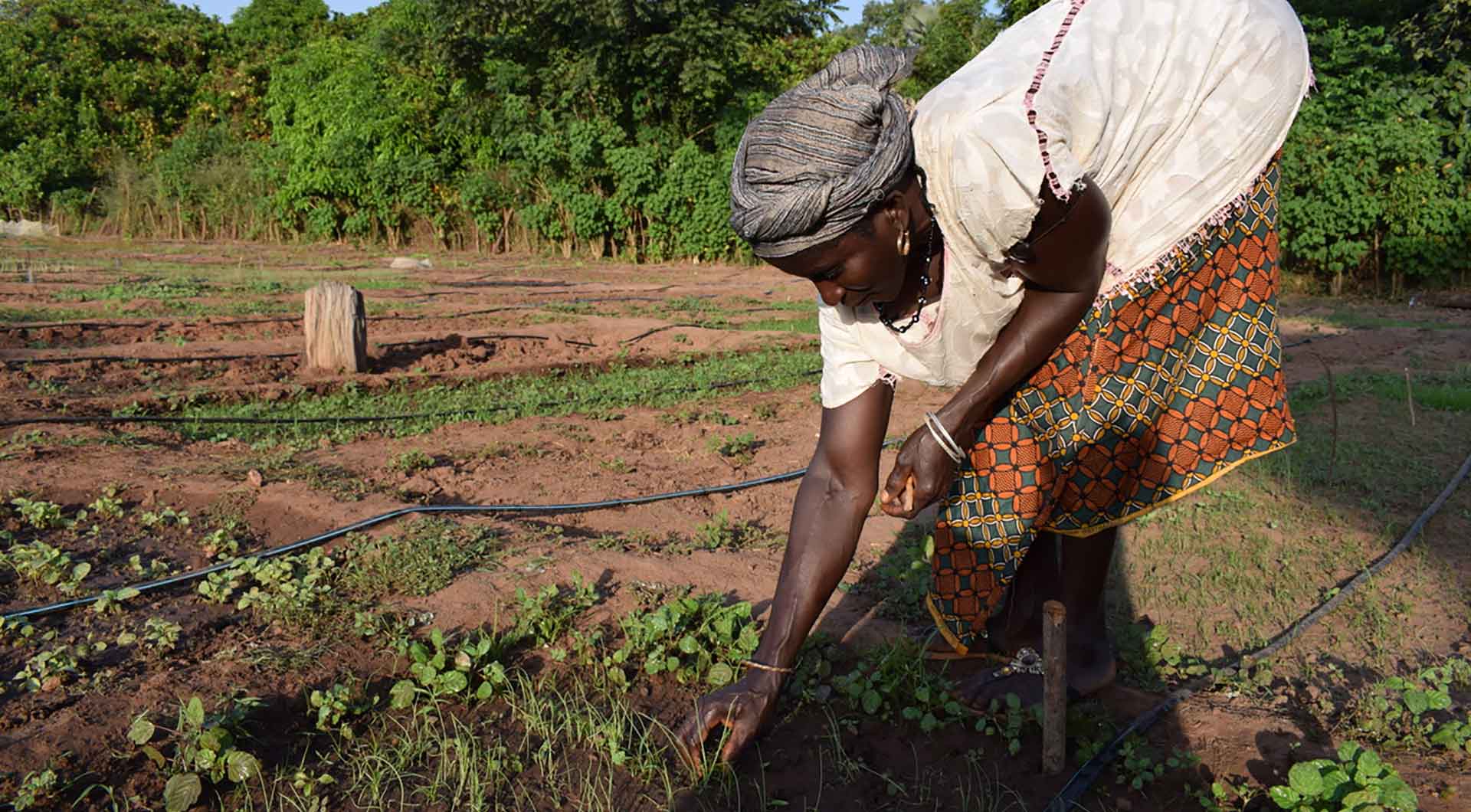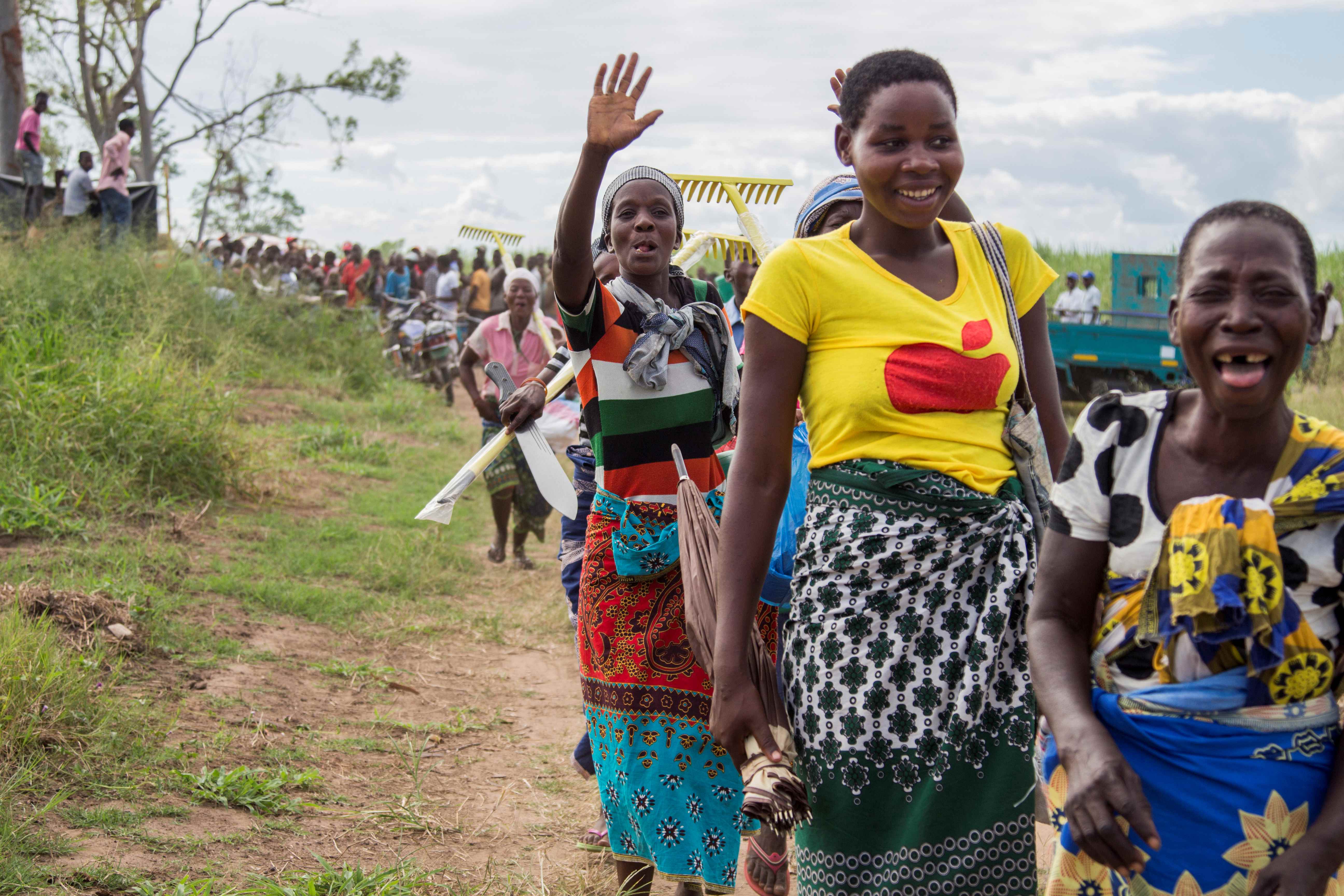
World Humanitarian Day 2025 is marked amid global disturbances, with the international community retreating from its responsibilities, a betrayal of the most affected communities, demonstrating the growing disconnect between humanitarian needs and global solidarity.

Humanitarian need is largely man-made - a consequence of global inequalities, conflicts and wars, and climate change that affect people’s lives, safety, and well-being. Even with immediate action, the years ahead for humanity threaten to be even more disastrous.
According to the United Nations Office for the Coordination of Humanitarian Affairs [UNOCHA], “In 2025, 305 million people around the world will require urgent humanitarian assistance and protection, as multiple crises escalate with devastating consequences for the people affected by them.” [ UNOCHA Global Humanitarian Overview Report 2025]

To cope with and reduce the impact of humanitarian disasters, effective, locally led humanitarian action must be built to come from people themselves, utilising their local knowledge and resources. When affected communities come together and support each other to take the lead in disaster and crisis response, progress is realised, and local resilience in the face of the humanitarian and climate challenges is strengthened. Be it community volunteers assisting their neighbours, people coming together to rebuild a bridge or a school, or community leaders mobilising support for opportunities to rebuild their lives and become self-reliant as they continue with their daily struggles for survival. But they can not do it without support.

The need to support community-led humanitarian response continues to grow. World leaders have to prioritise investing in humanitarian responses, disaster recovery mechanisms and efforts to reach the most affected communities with proper assistance at the right time.
Mozambique is among the countries most exposed to the impacts of climate change, frequently affected by tropical cyclones and conflicts. As climate conditions worsen, these disasters have intensified, underscoring the need for immediate and coordinated action.
In response, our member ADPP Mozambique works closely with affected communities in Mozambique to improve their lives by building resilience through sustainable agricultural practices, thereby reducing the impact of droughts and floods. In addition, they also need to respond to conflict situations, including the effects of conflict on Internally Displaced Persons.
In Cabo Delgado Province, the Sustainable Agriculture and Livelihood for Recovery Project (RCD-ENI) focuses on community-led development and recovery from conflict and disasters, enhancing livelihoods and economic opportunities for Internally Displaced Persons, with a particular focus on women and youth. People are organised into 36 producer clubs with 1,800 participants and more than 9,000 people who directly benefit from the project’s activities.
The project trains farmers in effective regenerative agriculture techniques, establishes livelihood initiatives and savings clubs that help communities recover stronger and adapt to the increasing challenges of climate change. To date, the project has established 36 savings clubs, 10 chicken runs supporting 135 disadvantaged individuals, 10 improved granaries to reduce post-harvest losses, secured three grinding mills, installed 36 solar water pumps and two boreholes, and provided seeds to 5,000 producers. They received training in the production of firewood-efficient stoves, among other skills.

Achieving global solidarity during times of humanitarian need is possible; we, the people of this planet, have the means, and when we come together to stand in solidarity with those affected, we can strengthen emergency responses and give hope to those in need of support. As Humana People to People, together with our members, we recognise that the most essential partner in any humanitarian emergency is those affected by disasters. From one emergency to the next, we continue to stand with the people to help them recover stronger after a disaster strikes and to bring about the necessary changes to improve people’s lives.

